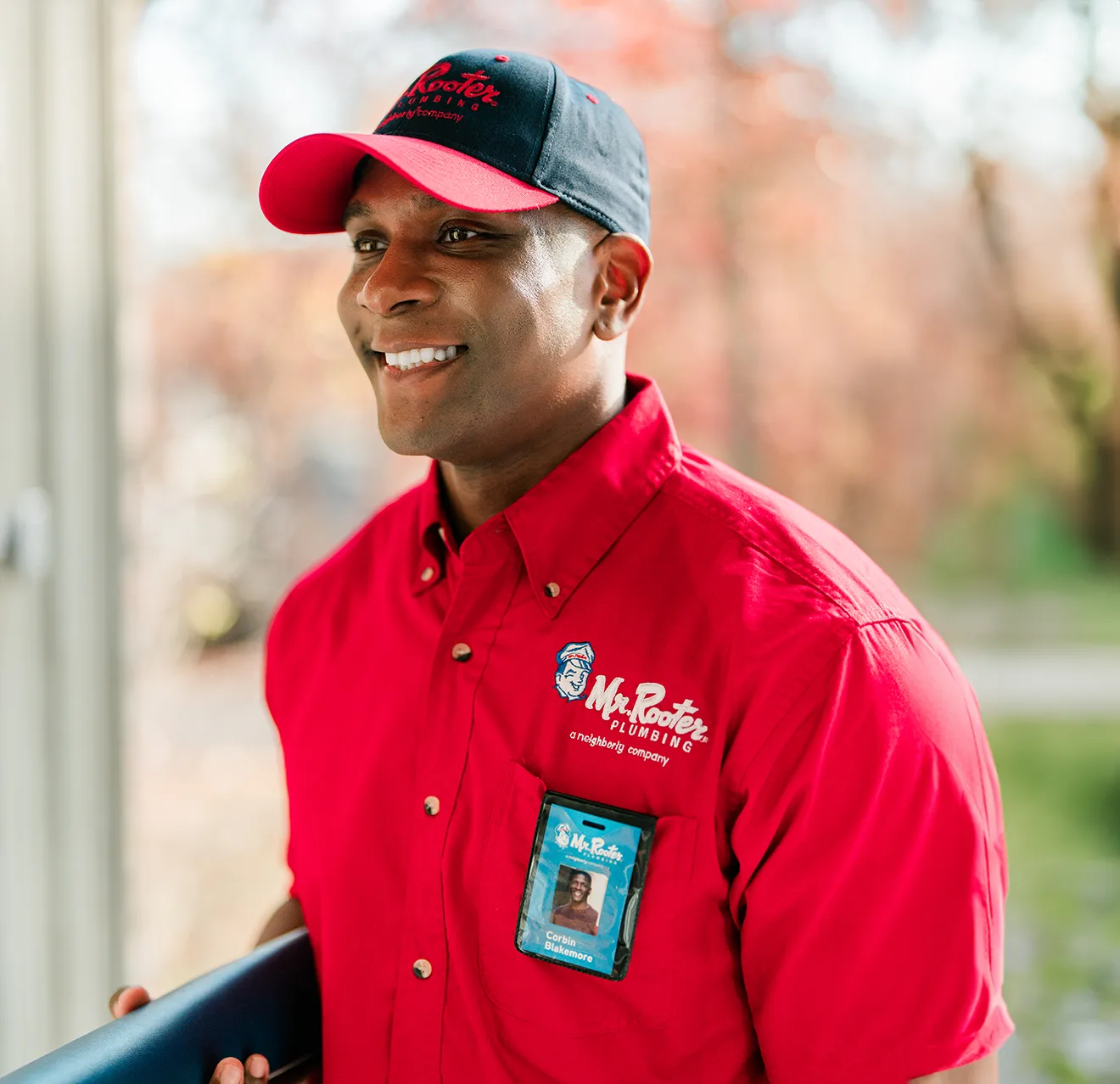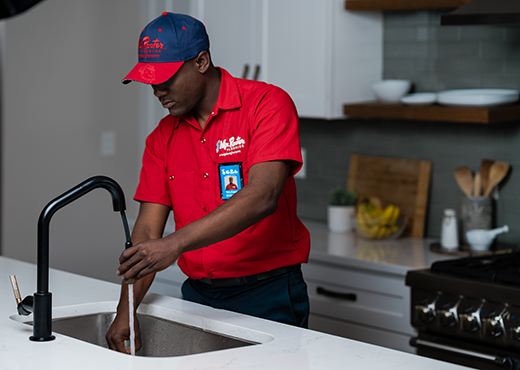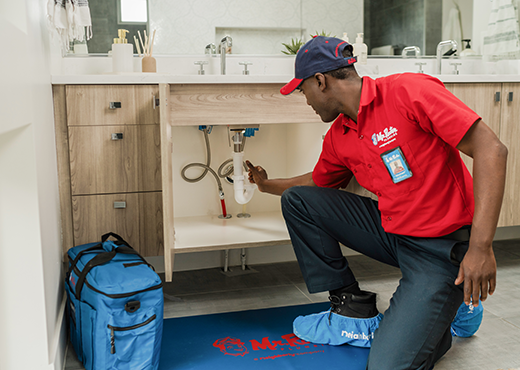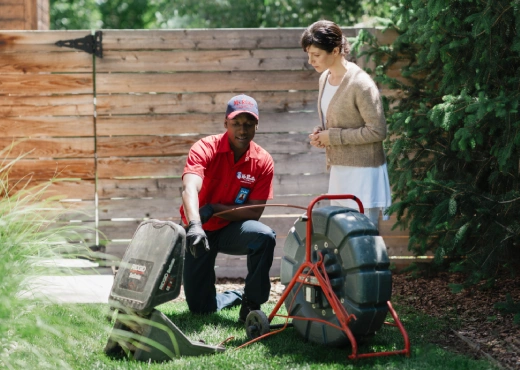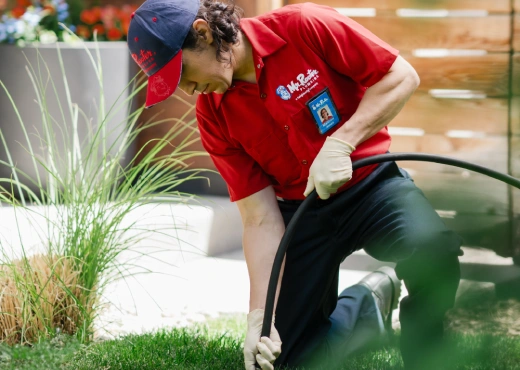You might not know much about your home's sump pump, but it's vital to your plumbing system. Mr. Rooter® Plumbing of North Central Indiana specializes in residential sump pumps for homeowners in Elkhart, IN. We are proud to offer residential sump pump repair and sump pump installation services. Your sump pump's job is to re-route water away from the lowest part of your home's foundation to protect your basement from flooding.
Due to all the rain, Indiana is known for getting throughout the spring and summer, sump pumps are critical. When sump pumps stop working for whatever reason, our professional plumbers can easily identify the problem and solve it to ensure you don't end up with excessive water damage to your property. Get in touch with us today to learn more about our residential sump pump installation services and request a job estimate!

